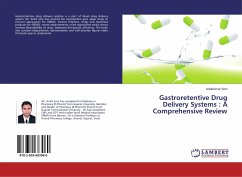Obesity may be considered a chronic pathological condition resulting from complex interactions between cultural, psychological and genetic factors. During the past 30-40 years, a markedly increased emphasis on its control has, in part, resulted from evidence of risks to the health of the obese by a spectrum of metabolic disorders, including non-insulin dependent diabetes mellitus, hypertension, hyperlipidemia, hypercholesterolemia, cardiovascular disease and gall bladder disease.However, as both moralizing exhortations and non-pharmacological treatments usually lead to no more than limited loss of weight, their supplementation by anorectic drugs is receiving much attention. Several such drugs are available, and many more are being developed, partly because the drugs that are recommended at present typically cause weight loss for only a few months. Drugs with anti-obesity properties due specifically to this effect or to effects on the absorption or metabolism of specific dietary constituents may provide new therapeutic avenues independent of appetite suppression.
Bitte wählen Sie Ihr Anliegen aus.
Rechnungen
Retourenschein anfordern
Bestellstatus
Storno








